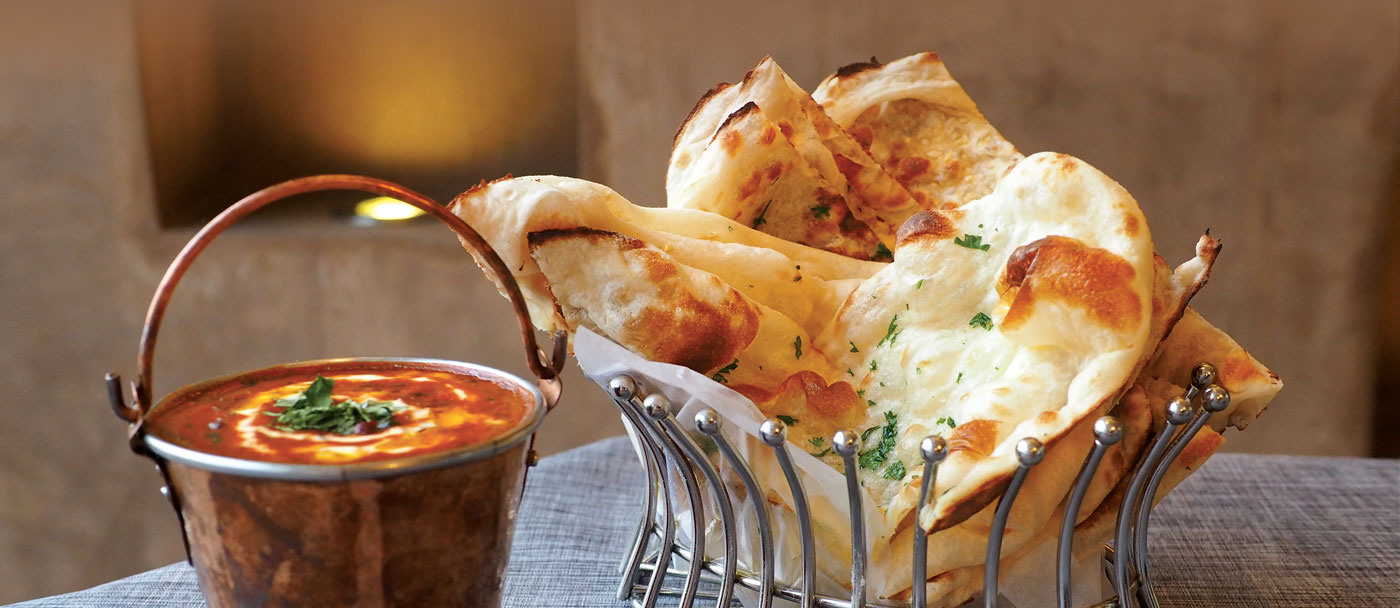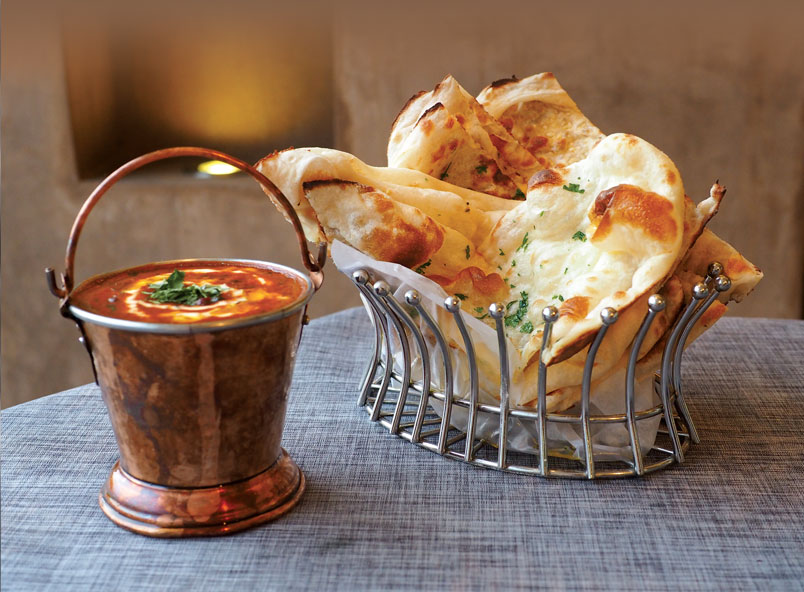



Prospects and solutions
December, 2019 in Issue 4 - 2019, Markets
Multiple changes are fueling growth in Pakistan’s food sector. Rapid urbanisation is leading to modernisation and industrialisation. The United Nations has predicted that, by 2050, the rate of urbanisation in developing countries will be 64.1%. Pakistan, currently at 36.3%, is not far behind.
Accounting firm PricewaterhouseCoopers has forecast a change in the global economic order by 2050. Its analysis uses a robust long-term economic growth model based on projected trends in demographics, capital investment, education levels and technological progress to estimate potential long-term growth rates. It has predicted that Pakistan, which is currently ranked at 24, will stand at 16 in 2050.
Growth is also occurring at micro levels, for example, in the growth of average income. According to the Household Integrated Economic Survey 2015-16, the average income of a Pakistani is PKR 35,662 and rising. We see a similar increase in household expenditure.
With increasing urbanisation and exposure to global trends, spending patterns are changing across Pakistan. The hotel and restaurant sector tops the list of higher spending, having grown from close to 4% in 2013-14 to 7.3% in 2015-16. This is the highest among sectors.
Fast food and food-related businesses are the second-largest industry in Pakistan with 27% contribution in value-added production and 16% employment. This is also the world’s 8th largest market with more than 180 million consumers. More than 1,000 large-scale enterprises operate in this market, while 75% of rural food manufacturers are from the informal sector.
Agriculture, manufacturing, food production and retailing are all included in the food industry; thus it spans everything from farming and livestock to food processing, marketing and distribution. The growing retail sector for food includes supermarkets, food stores, restaurants and food service.
In terms of segments like food-related education, R&D, financial services and regulation, Pakistan has yet a long way to go. The 14 research institutions and laboratories of the Pakistan Council of Scientific and Industrial Research employ 850 scientists, technologists and engineers, but these could do a lot more to improve innovation in practices.
Analysis by category
Packaged food
This sub-segment is in continual growth due to the rise in population, middle class demographics and number of women in professional careers. Increased urbanisation and awareness of the significance of nutritious and hygienic food have dramatically changed the business landscape for the processed food industry. There is a greater demand for convenience.
Local companies dominate the market currently, with only two major multinational food producers – Nestlé and Unilever – in the fray. The remaining producers in the top 10 comprise local companies like Dalda Foods, Habib Oil Mills and Agro Processors & Atmospheric Gases.
Traditional grocery retailers remained the leading distribution channel for packaged food in 2018; this was primarily due to independent small grocers in urban, suburban and rural areas throughout the country. However, sales are shifting toward modern grocery retailers in general, and to supermarkets in particular.
Consumer food service
Pakistan’s consumer food service industry continued to develop strongly in 2018 with rapidly growing demand. The average monthly spending on ready-to-eat food – a sub-category of processed food – rose from PKR 303 in 2004-05 to PKR 1,009 in 2013-14.
Consumers are eating out as a lifestyle and entertainment choice, with young urban professionals at the forefront of this trend. The convenience of eating on the go, better accessibility and economical pricing have contributed significantly to the growth of fast food restaurants in Pakistan especially for international chains like McDonalds, KFC and Pizza Hut. Demand for consumer food service is largely confined to urban hubs like Lahore, Karachi, Islamabad and Peshawar.
Ready meals
Ready meals make up a niche category, but strong growth is being projected. As more and more women enter the workforce, household consumers begin to value convenience, time saved and affordability. Furthermore, several dedicated food channels and the popularity of cooking shows have a major influence on consumer tastes and demand for variety. However, there is also rising awareness of conscious healthy choices.
Savoury snacks
This category is led by PepsiCo with its popular international brands Lay’s, Kurkure and Cheetos enjoying strong brand equity, extensive distribution coverage and a significant marketing budget.
Many new players have entered this segment, which has resulted in healthy competition. Among domestic brands, only Snackcity Kurleez, the flagship crinkle chip brand from Ismail Industries, has a prominent retail value share.
Salty snacks such as chips lead the Pakistani market; however, consumption of salty biscuits is low because biscuits are usually paired with tea and need to be sweet.
Unbranded nuts, seeds and trail mixes have traditionally been popular in the country. The penetration of packaged nuts, seeds and trail mixes remains limited, with distribution focused on urban and semi-urban cities and marked by the absence of significant mass media promotions. Price-sensitive consumers, who are also not particularly quality- conscious, find packaged snacks more expensive and less value for money, when compared to unpackaged alternatives in bakeries.
Frozen food
Frozen food is currently a PKR 489.51 million market, primarily driven by convenience. The production landscape is transforming from a focus on traditional processed food items to higher value-added products, such as frozen ready-to-cook/fully cooked food, healthier snacks, dressing and sauces, processed meat and poultry. This trend has gained further support from an expanding network of retail stores where consumers can find every item under one roof. However, it’s still limited to local modern trade.
Baked goods
Baked food is a PKR 94 billion market and is predicted to register PKR 122 billion in 2023. It is largely reliant on the staple status of leavened bread. Growth is being influenced by population growth and urbanisation.
Minor categories that are not considered staples, such as cakes and pastries, are more sensitive to changes in the macro-economic environment and factors such as rising consumer health awareness. Increased manufacturing activity has a potentially stronger role to play in driving growth in cakes, more so than in bread.
Space for creativity
According to the Department of Agriculture, 30% fruit and vegetables are wasted due to negligence and lack of processing facilities. This poses a major challenge. Effective management of logistics and the supply chain is critical for the food industry.
There is very limited use of technology with almost no effort to learn and incorporate new innovations. Unskilled, illiterate labour and low wages bar the industry from any value addition. A shortfall in investment has led to limited innovation in the agricultural sector, due to which production is difficult and inefficient in Pakistan.
A large informal segment is a major threat – it discourages innovation and stifles growth. A number of the new entrants in the processed food industry belong to the largely undocumented and under-taxed informal sector. The food items produced by these firms are cheaper because of lower quality standards.
These manufacturers pose a major challenge to larger firms in the formal sector who invest heavily in product development and media campaigns. However, inadequate protection through patents and trademarks allows small manufacturers to easily copy the label and packaging of branded products. Such ‘counterfeit’ products generally offer higher margins to retailers especially in small rural stores.
Quality standard implementation is required across the entire supply chain. Food quality depends on several factors, such as quality of raw materials, state of logistic facilities (transport, storage), and conditions at the point of sale. It would require investment of time and effort on each link in the supply chain, but will reap great dividends.
Another challenge is that our product range is still too narrow, lacks quality and has limited capacity; therefore, exports are limited. Traditional farming and farm-produce purchasing practices means that little income is left over for farmers to invest in better farming resources and practices.
The last major challenge is high production costs. With inflation on the rise, purchasing power is decreasing. Companies are generally surviving with DE grammage to maintain their profits.
DE grammage refers to the practice of reducing the weight of a packaged product, while retaining the price. As the majority of consumers in Pakistan do not read product labels, they do not notice this.
Possible solutions
Investment in technology is needed, alongside and R&D to support the food industry. As much as 30% of agricultural produce that goes to waste every year can be converted into economic gain by investing in agribusiness value chain industries.
The Netherlands is a great role model of a small country using high-tech agricultural and supply chain practices effectively. Effective technology usage has turned the Netherlands into the world’s second-largest exporter of agricultural products.
Iran is also innovating and will be converting all its vegetable farms to greenhouses within 10 years. Greenhouse vegetable production is a more efficient way of growing food compared to field production. Not only does it conserve valuable water resources, it uses fertilisers, pesticides and labour more efficiently as well.
To counter the shortfall in capital required for innovation, public-private partnerships must be encouraged. Venture capitalists and other private groups could partner with public institutors to work together.
Pakistan is a rich country with an abundance of natural resources. Its large population makes it an attractive market for foreign investments as well. But it will need innovative practices and solutions to truly harness its potential in food production.
Majida Naveed
Managing Director
EnFuture Insights Pvt Ltd, Pakistan